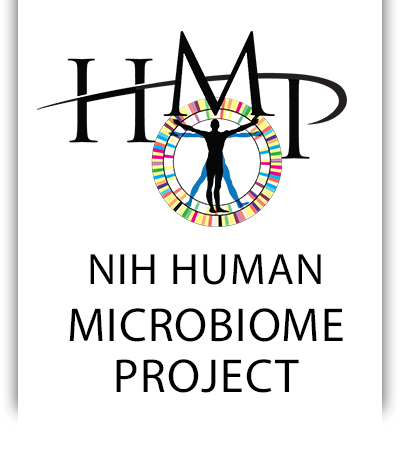albedo same question i asked there, what is the type of bacteria to do this? the article does mention specifically this, not all bacteria does it and most people might not have that specific type. yet, we do not even know which type that is!
I did not have time yet to dig into EPFL's paper but found this study which reportedly is the first to demonstrate a pure strain producing urolithins (but for urolithin A the authors also say other bacteria might be needed)
"...The isolate belongs to a new species described as Gordonibacter urolithinfaciens, sp. nov. The type strain of the Gordonibacter genus, Gordonibacter pamelaeae DSM 19378(T), was also demonstrated to produce urolithins...." (bold mine)
Description of urolithin production capacity from ellagic acid of two human intestinal Gordonibacter species.
http://www.ncbi.nlm....pubmed/24909569
The Gordonibacter bacteria taxonomy description is here:
http://www.ncbi.nlm....=Info&id=657308
Related and relevant to this thread is that "...The potential systemic biological effects of pomegranate juice ingestion should be attributed to the colonic microflora metabolites rather than to the polyphenols present in the juice..."
http://www.ncbi.nlm....ubmed/15309440/
In relation to the above discussion on having or not the right strain (Gordonibacter) reading quickly the abstract of the following well conducted study (sorry I do not have access to the full text!) might suggest that, even if we have extremely little of those, consumption of pomegranate might strongly increase their population, explaining both the CVD differentiation of benefits (as in the paper) as well as the muscular health via mitophagy. As for Akkermansia, Gordonibacteria might be researched one day as a supplelemnt probiotioc. I also recollect a suggestion made also above that pomegranate is one of the ways to increase Akkermansia.
González-sarrías A, García-villalba R, Romo-vaquero M, et al. Clustering according to urolithin metabotype explains the interindividual variability in the improvement of cardiovascular risk biomarkers in overweight-obese individuals consuming pomegranate: A randomised clinical trial. Mol Nutr Food Res. 2016
"The pomegranate lipid-lowering properties remain controversial, probably due to the interindividual variability in polyphenol (ellagitannins) metabolism.
OBJECTIVE:
We aimed at investigating whether the microbial-derived ellagitannin-metabolizing phenotypes, i.e. urolithin metabotypes A, (UM-A), B (UM-B) and 0 (UM-0), influence the effects of pomegranate extract (PE) consumption on eighteen cardiovascular risk biomarkers in healthy overweight-obese individuals.
METHODS AND RESULTS:
A double-blind, cross-over, dose-response, randomised, placebo-controlled trial was conducted. The study (POMEcardio) consisted of 2 test-phases (dose-1 and dose-2, lasting 3 weeks each) and a 3-week washout period between each phase. Forty nine participants (BMI>27 kg/m2 ) daily consumed one (dose-1, 160 mg phenolics/day) or four (dose-2, 640 mg phenolics/day) PE or placebo capsules. Notably, UM-B individuals showed the highest baseline cardiovascular risk. After dose-2, total-cholesterol (-15.5±3.7%), LDL-cholesterol (-14.9±2.1%), small-LDL-cholesterol (-47±7%), non-HDL-cholesterol (-11.3±2.5%), apolipoprotein-B (-12±2.2%) and oxidised-LDL-cholesterol (-24±2.5%) dose-dependently decreased (P<0.05) but only in UM-B subjects. These effects were partially correlated with urolithin production and the increase of Gordonibacter levels. Three (50%) non-producers (UM-0) became producers following PE consumption.
CONCLUSIONS:
Urolithin metabotype (UM) clustering suggests a personalised effect of ellagitannin-containing foods and could explain the controversial pomegranate benefits. Research on the specific role of urolithins and the microbiota associated to each UM is warranted. This article is protected by copyright. All rights reserved."(bold mine)

























































